This report, Low-Carbon Transition Strategies for the Southeast is the latest publication of the US Deep Decarbonization Pathways Project, led by Evolved Energy Research and US DDPP Director Jim Williams.
Low-Carbon Transition Strategies for the Midwest United States
New York, 23 January 2020 – The SDSN USA Network continues its US Deep Decarbonization Pathways Project (US DDPP) with the release of a new report, “Low-Carbon Transition Strategies for the Midwest.” This is the latest report in a series that describes what an energy transition might look like in different regions of the US.
Following the Northeast DDPP report that was released in early 2018, this Midwest report focuses on the states of Ohio, Indiana, Illinois, Michigan, Wisconsin, Iowa, Minnesota, North Dakota, and South Dakota. This region will play a critical role in enabling the US to reach carbon neutrality by 2050, a process that requires large-scale changes in infrastructure and technology. The implications of these changes for the Midwest will be far-reaching, offering opportunities to grow new industries and jobs, and to deploy climate mitigation and adaption strategies that enable an equitable energy transition.
The report describes unique aspects of the energy transformation in the Midwest, and highlights key decarbonization opportunities and challenges. It is designed to support regional stakeholders’ efforts to develop a shared vision of pathways to deep decarbonization, and to advance discussions at the state and local level across the region.
Opportunities highlighted in the report include:
The Midwest can lead the shift from corn ethanol to sustainable bioenergy while growing the economic opportunities for regional agriculture and industry.
The region can claim global leadership in the automotive industry by producing the 400 million electric vehicles the U.S. will need between now and 2050.
Midwestern wind energy production is poised to increase twenty-fold, making the region the largest exporter of renewable energy in the US.
Midwestern leadership on the future of nuclear power and the transition away from coal can develop a national model for how long-term planning and near-term implementation can advance both equity and decarbonization objectives together. Action starting today is necessary to develop a shared long-term vision, which will become a foundation for establishing near-term policies that begin enabling a pathway to deep decarbonization.
In the next few months the US DDPP will publish another regional report on low–carbon strategies in the Southeast (expected February 2020), followed by a federal policy white paper (spring 2020) aimed at advancing the national dialogue on the energy transformation and the Green New Deal.
For more information on the US DDPP please click here. If you wish to get involved or receive more information, please email usa@unsdsn.org.
This is also posted at:https://www.unsdsn.org/low-carbon-transition-strategies-for-the-midwest



